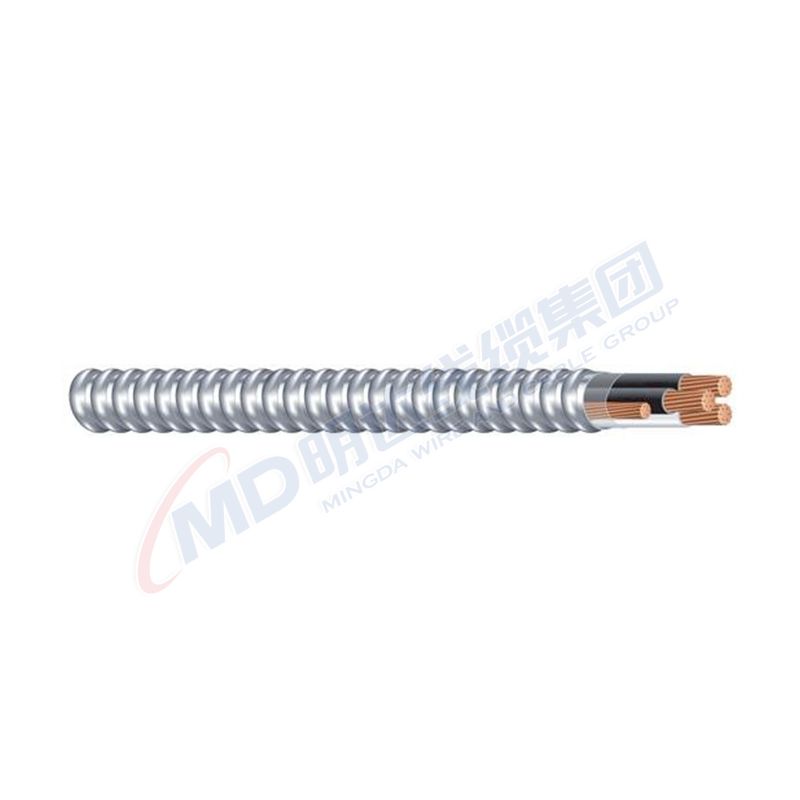10 月 . 17, 2024 03:12 Back to list
industrial globe valve
Understanding Industrial Globe Valves An Essential Component in Fluid Control
In the realm of fluid control and piping systems, industrial valves play a pivotal role, with the globe valve standing out as one of the most essential types. Designed for regulating flow, a globe valve can effectively handle a wide range of applications across various industries, including oil and gas, chemical manufacturing, water treatment, and power generation.
What is a Globe Valve?
A globe valve is a type of linear valve characterized by its spherical body shape. The hallmark of a globe valve is its internal baffle, which creates two separate chambers within the body. This design allows for a high degree of control over the fluid flowing through the valve, making it an ideal choice for applications that require precise flow regulation. The mechanism includes a movable disk or plug that can be lowered or raised to control the flow, providing significant throttling capabilities.
Advantages of Globe Valves
One of the primary advantages of globe valves is their ability to handle high pressures and temperatures, which is crucial in many industrial settings. Their robust construction allows them to maintain integrity under challenging conditions. Additionally, globe valves provide excellent sealing capabilities, minimizing leaks and ensuring that the flow remains contained within the system.
Another significant advantage is their ability to regulate flow effectively. When the disk is partially closed, the valve creates turbulence which helps to regulate and fine-tune the flow rate, making them suitable for applications where flow control is critical. This feature is particularly beneficial in systems that require adjustments to achieve optimal operational efficiency.
Applications of Globe Valves
industrial globe valve

Globe valves are utilized in various applications, including
1. Oil and Gas Industry In this sector, globe valves are frequently used for regulating the flow of crude oil, natural gas, and other petrochemicals. Their reliability and durability make them ideal for high-stakes environments.
2. Chemical Processing The chemical industry often requires precise flow control for various processes. Globe valves are used to manage the flow of reactants and products, ensuring that processes operate smoothly.
3. Water Treatment Facilities In municipal and industrial water treatment plants, globe valves help control the flow of water through treatment processes, maintaining efficiency and safety.
4. Power Generation Globe valves are crucial in power plants for controlling the flow of steam and water, which are essential for energy production.
Conclusion
In summary, industrial globe valves are indispensable components in various industries, providing essential features for flow control. Their robust design, excellent sealing capabilities, and ability to regulate flow make them the valve of choice in many critical applications. As industries continue to evolve and demand higher efficiency and safety standards, the role of globe valves will remain significant. Understanding their functionality and advantages allows engineers and operators to make informed decisions, ensuring that systems operate smoothly and effectively. Whether in oil refineries or water treatment facilities, globe valves are vital in maintaining the integrity of fluid control systems.
Share
-
Understanding the Differences Between Wafer Type Butterfly Valve and Lugged Butterfly ValveNewsOct.25,2024
-
The Efficiency of Wafer Type Butterfly Valve and Lugged Butterfly ValveNewsOct.25,2024
-
The Ultimate Guide to Industrial Swing Check Valve: Performance, Installation, and MaintenanceNewsOct.25,2024
-
Superior Performance with Industrial Swing Check Valve: The Essential Valve for Any SystemNewsOct.25,2024
-
Industrial Swing Check Valve: The Ideal Solution for Flow ControlNewsOct.25,2024
-
You Need to Know About Industrial Swing Check Valve: Functionality, Scope, and PerformanceNewsOct.25,2024